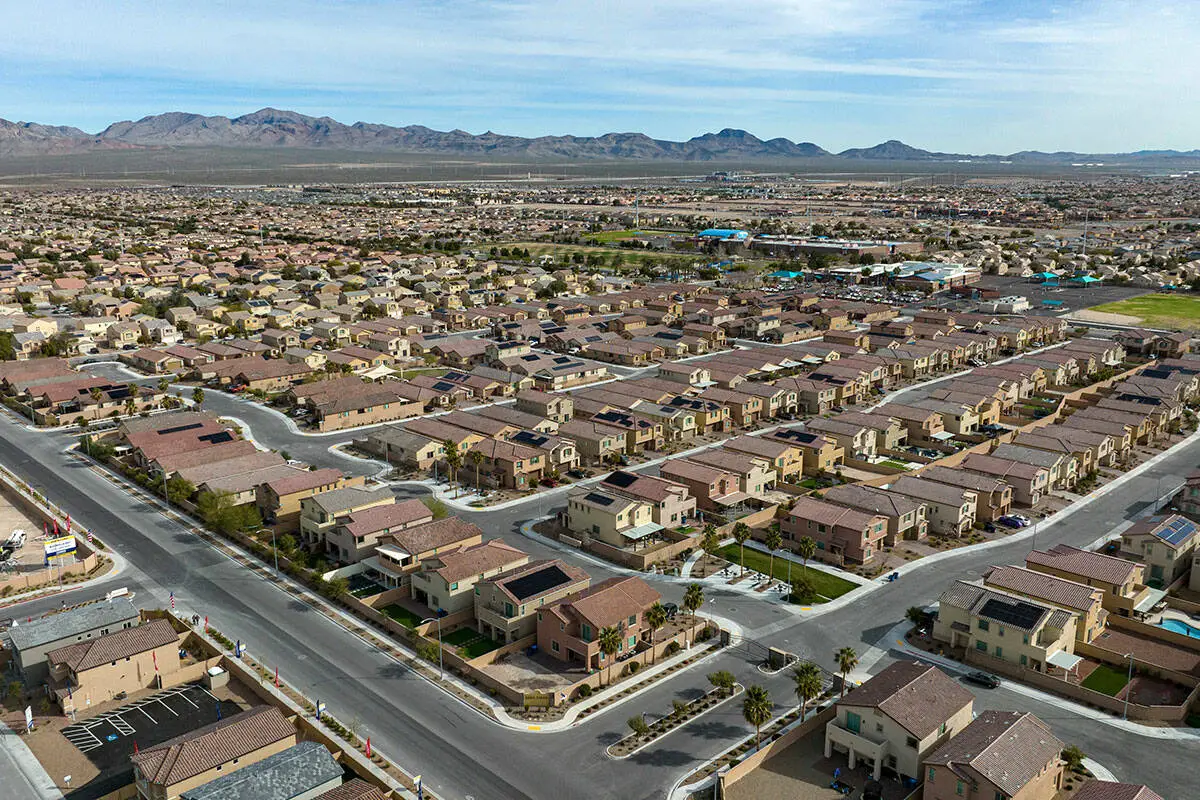The Las Vegas Valley is currently experiencing a significant housing shortage, with an estimated deficit of 32,192 housing units as of 2023, according to a report from Zillow. This shortfall has been intensifying over recent years, highlighted by a comparison to 2019 when the deficit was 11,901 units. The study, which utilized data from the U.S. Census Bureau, emphasizes the impact of the COVID-19 pandemic on the housing market.
From 2019 to 2023, the number of housing units in the valley increased from 899,870 to 935,949. However, this growth has not kept pace with the area’s population increase. Zillow’s senior economist, Orphe Divounguy, noted that while the valley added about 36,000 housing units during this period, family growth outpaced this supply, leading to the current deficit.
Several trends have contributed to this situation. National population growth is slowing, which affects housing markets in the long term. In the short term, housing construction is decelerating due to increased inventory and downward price pressures, causing builders to reduce new developments. Despite this, family formation may also slow down in the future.
The availability of housing units has decreased, with vacant units dropping from 116,347 in 2019 to 88,583 in 2023. The total available units for housing fell from 45,299 to 33,670, indicating fewer homes are available for rent or purchase. Rental units have remained relatively stable, with a slight increase from 364,180 to 364,249 during this period, while owned housing units rose from 419,343 to 483,117. The number of families living in the valley increased from 840,647 to 913,207.
The report underscores a nationwide housing issue that has been worsening for over a decade, with insufficient home construction since the 2008 financial crisis. This has led to many families sharing living spaces with non-relatives. By 2023, 3.4 million homes were vacant and available, yet 8.1 million families shared homes with unrelated individuals. Although some choose to live with roommates, many families would prefer their own space if it were financially viable.



























Meynard Sanchez
August 5, 2025 at 11:36 pmThere was a report from National Realtors Association that there is excess inventory of houses for sale due to the high interest rate. This report contradicts the last report.
Nick Bonsanto
August 16, 2025 at 8:23 amInterest rates are also an issue in housing. That said the increase in population is causing a shortage of housing for many.